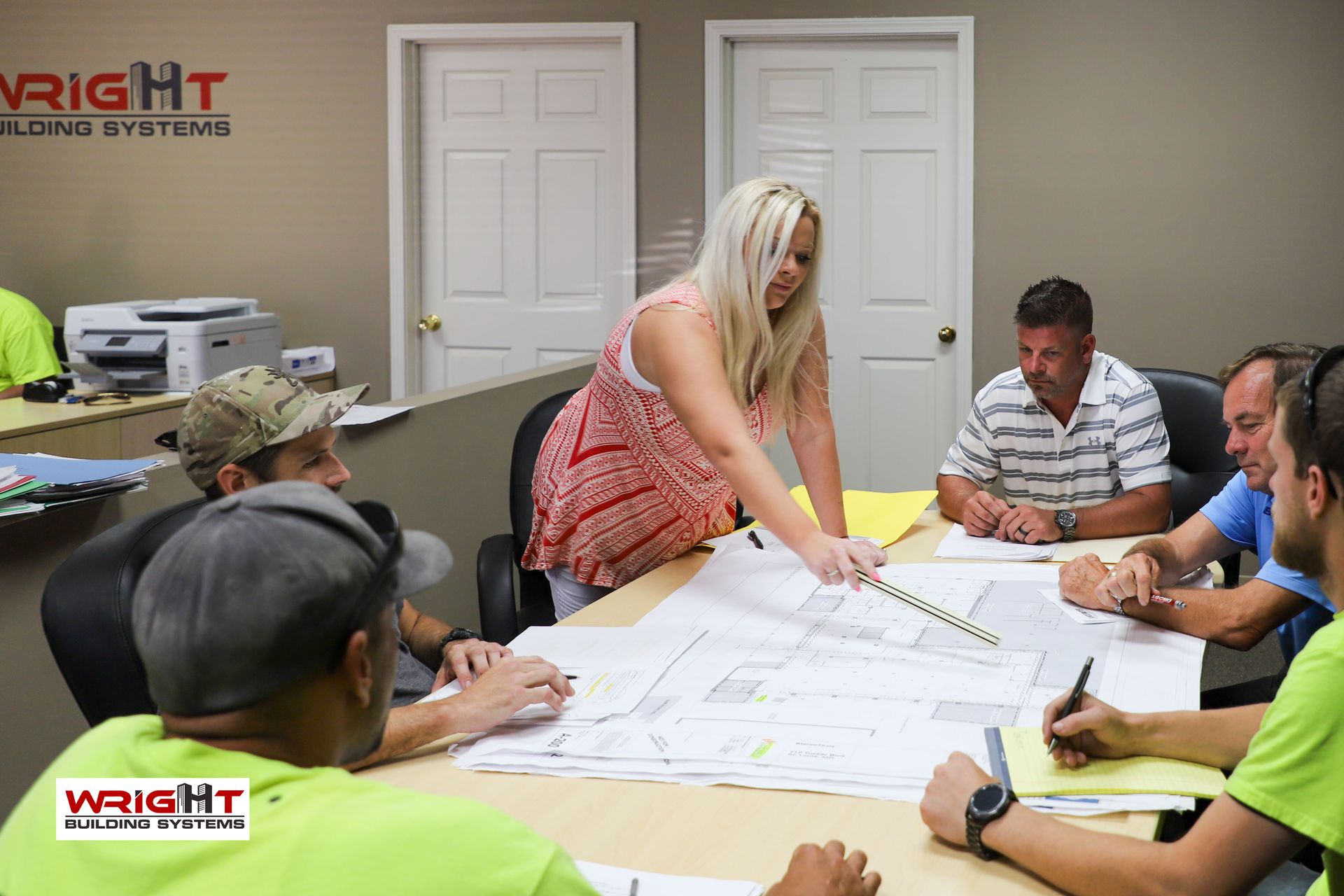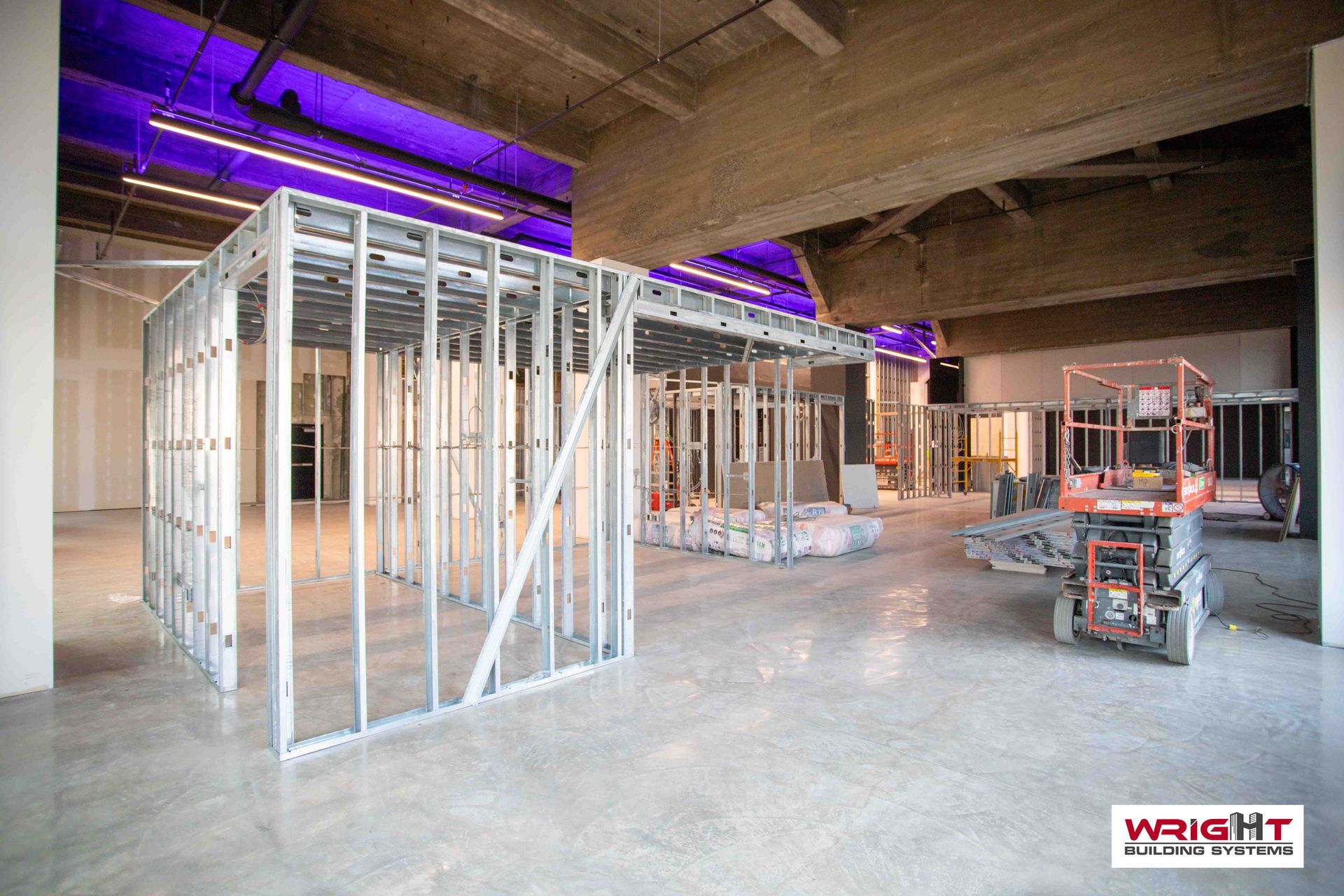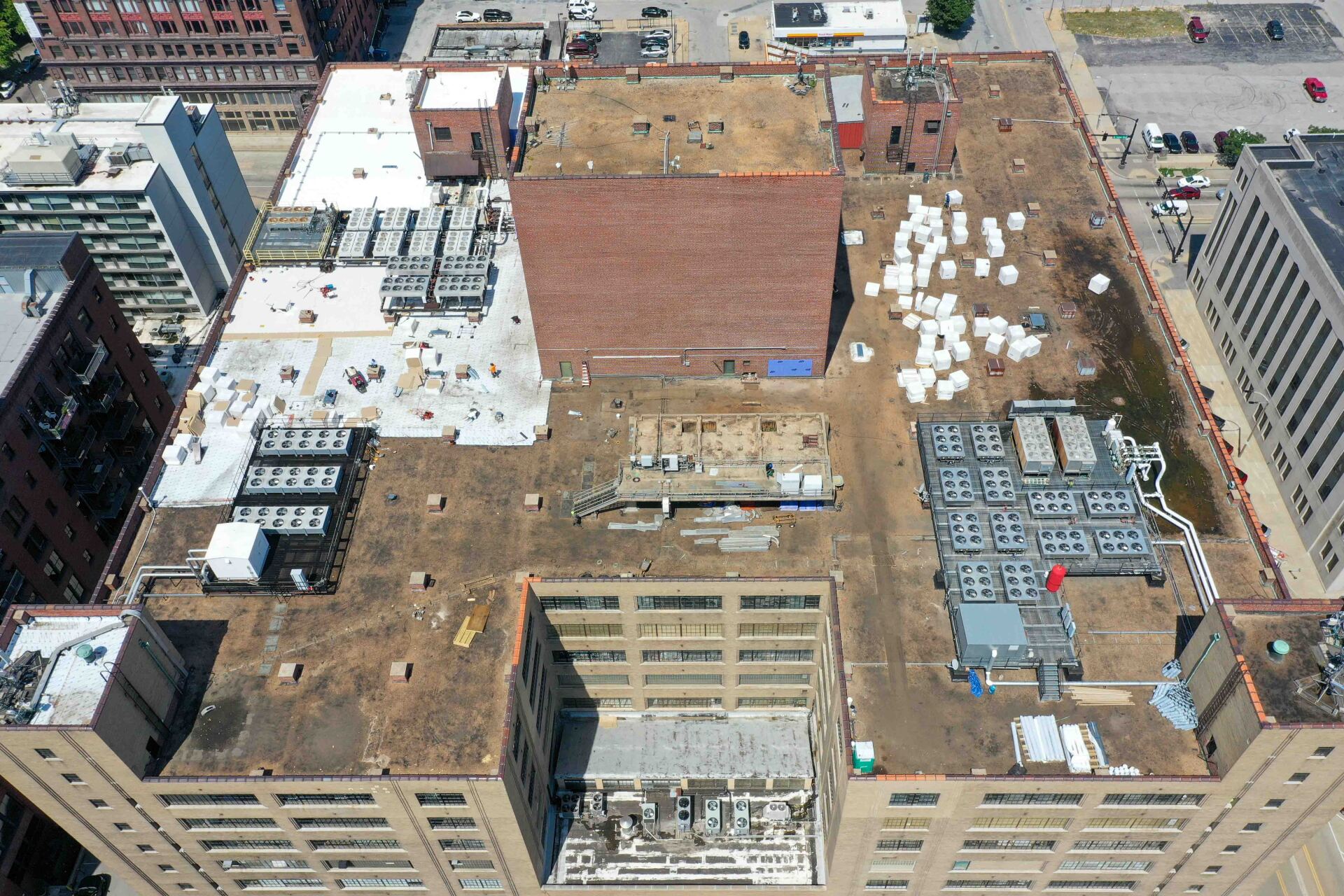The Importance of Planning in Construction Projects
The construction industry is the backbone of infrastructure development and economic growth. From residential buildings to commercial complexes and large-scale infrastructure projects, construction plays a pivotal role in shaping our cities and societies. However, the success of any construction project does not solely rely on the physical act of building; it hinges significantly on meticulous planning and execution.
Clear Vision and Objectives
Planning provides a clear vision and sets specific objectives for the project. Before construction begins, stakeholders must establish the scope of work, project goals, and desired outcomes. This clarity ensures everyone understands the project's purpose and can work towards a common goal. Projects can quickly go off track without a well-defined plan, leading to confusion, miscommunication, and potential failure.
Budget Management
One of the most critical aspects of planning is budgeting. Construction projects are notorious for cost overruns, often due to inadequate planning. A detailed budget plan considers all possible expenses, including materials, labor, permits, and unforeseen costs. By estimating costs accurately and setting aside contingency funds, planners can ensure that the project stays within financial constraints, preventing financial strain and ensuring the project’s viability.
Timeline and Scheduling
A well-structured plan outlines the project timeline, including start and completion dates, milestones, and deadlines. Effective scheduling ensures that the project progresses smoothly, avoiding delays and bottlenecks. By breaking the project into manageable phases, planners can allocate resources efficiently, coordinate tasks, and monitor progress. This systematic approach helps meet deadlines and deliver the project on time.
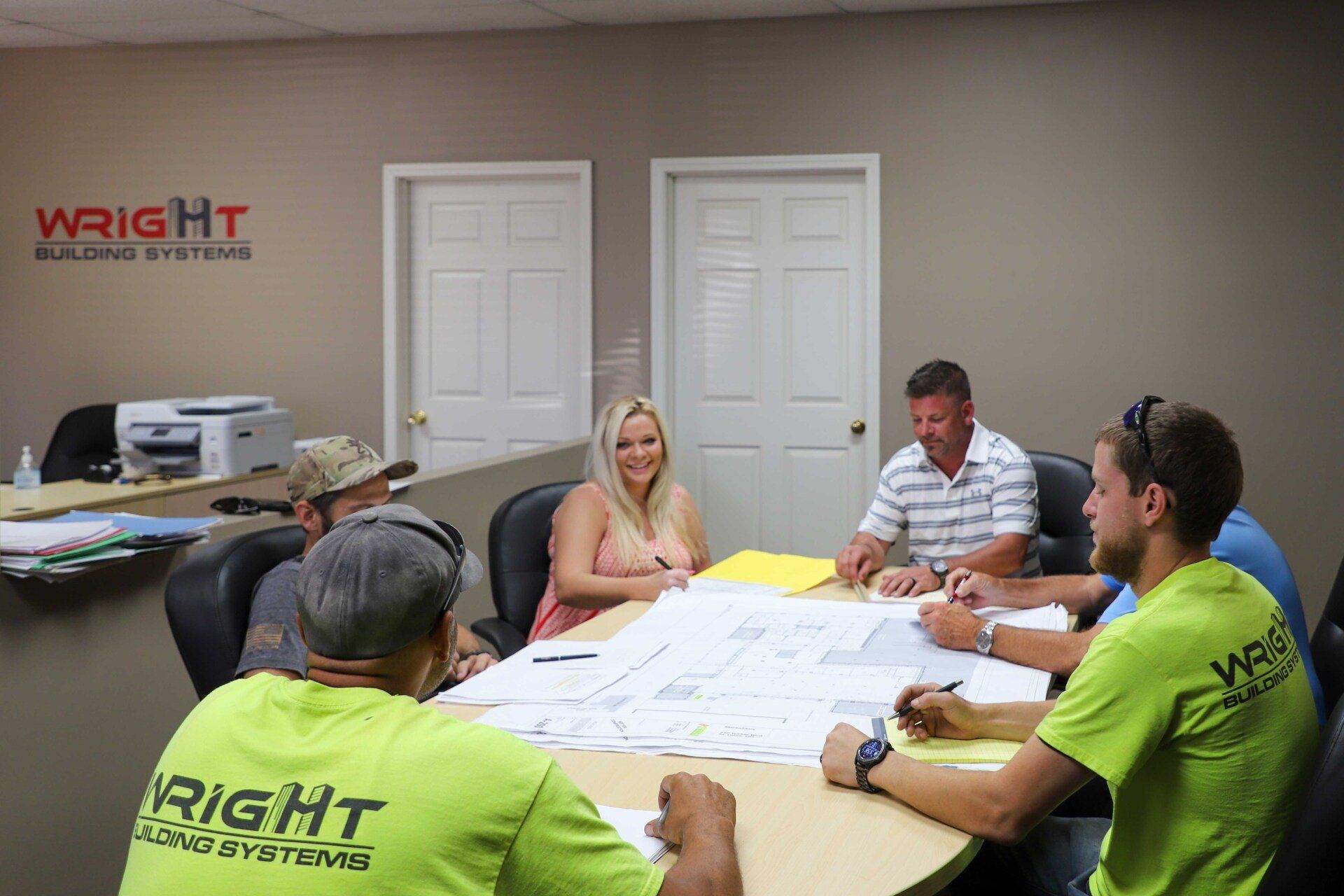
Risk Management
Every construction project has inherent risks, such as weather conditions, material shortages, and safety hazards. Planning allows for identifying and assessing potential risks, enabling the development of mitigation strategies. By anticipating challenges and preparing contingency plans, project managers can minimize disruptions and ensure the safety and well-being of workers. Risk management is crucial for maintaining project stability and avoiding costly setbacks.
Resource Allocation
Effective resource allocation is essential for the successful execution of a construction project. Planning helps determine the necessary resources, including materials, equipment, and workforce. By allocating resources efficiently, planners can avoid shortages, reduce waste, and optimize productivity. Proper resource management ensures that the project can proceed without interruptions, contributing to efficiency and cost-effectiveness.
Legal and Regulatory Compliance
Construction projects must comply with various legal and regulatory requirements, including zoning laws, building codes, and environmental regulations. A comprehensive plan ensures that all necessary permits and approvals are obtained before construction begins. This proactive approach helps avoid legal issues, fines, and project delays. Moreover, compliance with regulations ensures the construction's safety and quality, protecting all stakeholders' interests.
Quality Assurance
Planning plays a vital role in maintaining the quality of construction. A detailed plan includes material specifications, construction methods, and quality standards. By setting clear quality benchmarks, planners can ensure that the construction meets industry standards and client expectations. Incorporating quality assurance processes into the plan, such as inspections and testing, can help to monitor and verify the quality of work throughout the project.
Coordination and Communication
Construction projects involve multiple stakeholders, including architects, engineers, contractors, and clients. Effective planning facilitates coordination and communication among all parties. A well-documented plan serves as a reference point for everyone involved, ensuring that tasks are aligned and responsibilities are clear. Scheduling regular meetings and updates keeps everyone informed about the project's progress and addresses any issues promptly.
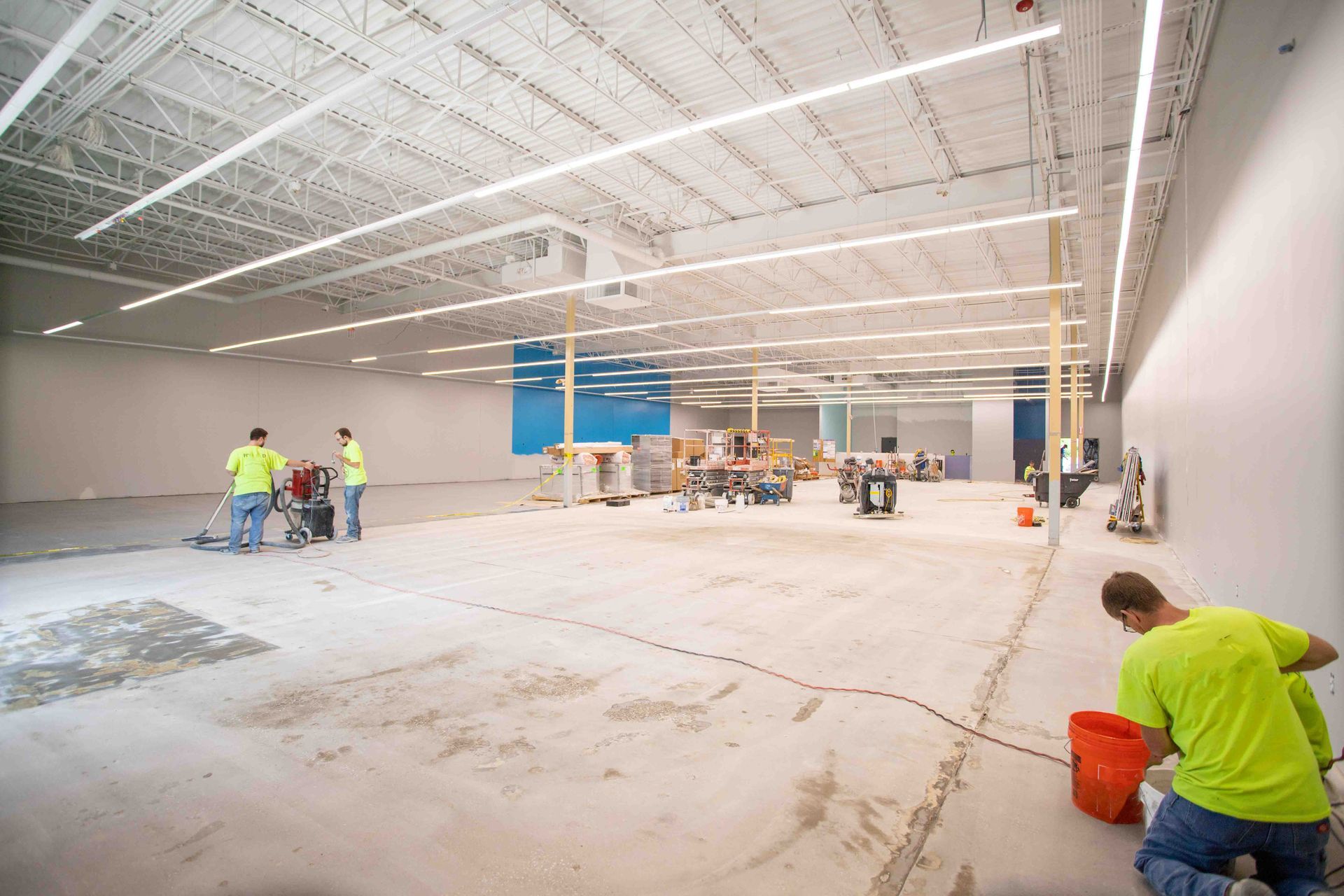
Environmental Impact
Sustainable construction practices are increasingly important in today's world. Planning allows for the consideration of environmental impact and the incorporation of eco-friendly practices. By assessing the environmental footprint and implementing sustainable solutions, such as energy-efficient designs and green materials, planners can contribute to environmental conservation and meet regulatory requirements.
Sustainable planning enhances the project's reputation and aligns with corporate social responsibility goals.
Work With Wright Building Systems
Planning is the cornerstone of successful construction projects. It provides a clear roadmap, ensures efficient resource use, manages risks, and maintains quality standards. Proper planning helps deliver projects on time and within budget and fosters coordination and communication among stakeholders.
Greater St. Louis business owners repeatedly trust Wright Building Systems with their projects. We are committed to safety and delivering finished products that exceed expectations.
Our dedicated team has the equipment, technical skills, and perseverance to complete your project. Let's get in touch today!

